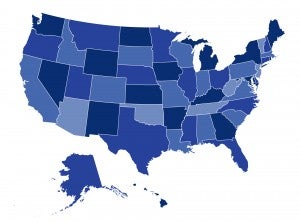A Permanent Boost to Federal Premium Assistance Could Change State Approaches to ACA 1332 Waivers

The American Rescue Plan temporarily increases the availability and generosity of federal premium assistance for people who obtain coverage through the ACA marketplaces. Were Congress to make these premium subsidy enhancements permanent, states would have more breathing space to address other barriers to care, potentially with support from an ACA Section 1332 waiver. In a new work for The Commonwealth Fund, Justin Giovannelli examines how a permanent boost to federal subsidies could give states new and different opportunities to help their residents using the ACA’s waiver program.






